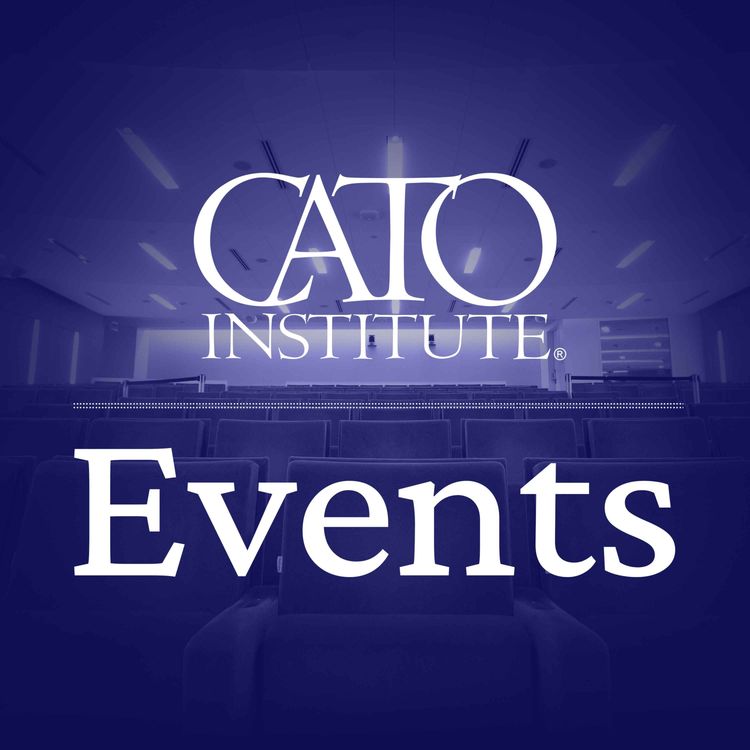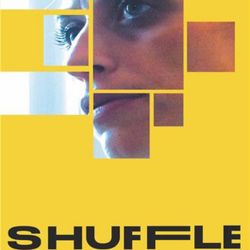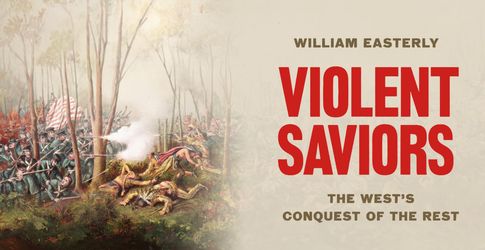Share

Cato Event Podcast
The Triumph of Fear: Domestic Surveillance and Political Repression from McKinley Through Eisenhower
The September 6, 1901, assassination of President William McKinley by self-professed anarchist Leon Czolgosz triggered a nationwide political backlash against the killer’s like-minded political adherents. It also served as the catalyst for the expansion of nascent federal government surveillance capabilities used against not only anarchists but socialists and members of other social or political movements that were challenging the prevailing political, economic, and social paradigms of the day. And it was the ensuing, decades-long persistent exaggerations of domestic political threats from those movements that drove an exponential increase in the frequency and scale of unlawful government surveillance and related political repression against hundreds of thousands of individual Americans and civil society organizations.
The Triumph of Fear is a history of the rise and expansion of surveillance-enabled political repression in America from the late 1890s to early 1961. Drawing on declassified government documents (many obtained via dozens of Freedom of Information Act requests and lawsuits) and other primary sources, Cato Institute senior fellow Patrick Eddington offers historians, legal scholars, political leaders, and general readers surprising new revelations about the scope of government surveillance programs and how this domestic spying helped fuel federal assaults on free speech and association that continue to this day. Join us for a conversation about the book with Eddington led by Caleb Brown, Cato’s director of multimedia.
More episodes
View all episodes

SHUFFLE Directed by Benjamin Flaherty
01:05:40|Winner of the Grand Prize for Documentary at the 2025 South by Southwest Film Festival, Shuffle is filmmaker Benjamin Flaherty’s powerful exposé of unintended consequences in American health policy. Through intimate portraits of people seeking recovery from opioid addiction, Flaherty reveals how federal mandates—particularly within the Affordable Care Act and Medicaid—have unintentionally enabled predatory rehab operators to turn human suffering into revenue streams. The federal mandates are likely even increasing and subsidizing suffering, rather than reducing it.Join us for a screening of Shuffle in the Cato Institute’s F. A. Hayek Auditorium, followed by a discussion of what the film uncovers about the incentives that are shaping America’s addiction-treatment system and how policymakers, clinicians, and advocates can work toward more effective solutions.
Violent Saviors: The West’s Conquest of the Rest
01:32:23|In the name of material progress, the West has sought to develop and frequently exploit the less-developed “rest.” William Easterly will draw from 400 years of history—ranging from the conquest of the Americas and the Atlantic slave trade to colonization in Asia and Africa and the invention of the Third World—to show how the West has justified different forms of intervention in the societies it has purportedly intended to improve. Easterly will explain why development based on consent, choice, and human agency is superior to an approach that neglects dignity, focuses narrowly on material improvements, and too often justifies various degrees of coercion. Deirdre McCloskey will comment on the fundamental role of freedom in development.
Fiscal Democracy in America: How a Balanced Budget Amendment Can Restore Sound Governance
01:03:30|As America’s debt climbs and the danger of a fiscal crisis grows, is it time to add a constitutional guardrail? In Fiscal Democracy in America, Kurt Couchman proposes a principles-based balanced budget amendment (BBA) to address the persistent deficits in Washington in a flexible and politically feasible manner. Marc Goldwein draws on his experience in fiscal commissions and provides a challenge to the BBA as a silver-bullet solution to America’s fiscal crisis.How could a principles-based BBA work, and how would it handle entitlement programs, recessions, and crises? Why did previous attempts at a BBA fail, and what makes a principles-based BBA different? Is a BBA just a distraction from adopting specific policy reforms? And if an amendment were adopted, do other reforms need to occur to complement its implementation? Join us for a discussion with Kurt Couchman and Marc Goldwein, moderated by Romina Boccia.
Fighting for the Freedom to Learn: Examining America’s Centuries-Old School Choice Movement
01:01:39|The school choice movement is often seen as a modern, partisan undermining of a cherished institution: public education. Fighting for the Freedom to Learn shows that the struggle for educational freedom is not new but an enduring part of US history. It is rooted in traditions of parents and communities shaping how children learn and perpetual struggles for people without political power to get the education they believe they need.Join us to discuss this important new book!
The Risks of Expanding FDIC Deposit Insurance
51:31|Since the 1930s, the federal government has used the Federal Deposit Insurance Corporation’s (FDIC) deposit insurance to justify its increased involvement in banking. Now, in the name of supporting community banks, some policymakers have proposed raising the FDIC insurance cap from $250,000 to $10 million. They claim that in the wake of the bank failures of 2023, depositors fled from small banks and moved their money to “too big to fail” institutions that enjoy implicit government backing. Increasing the FDIC insurance cap, these policymakers argue, will encourage depositors to stay with community banks.Yet for nearly a century, Congress and the FDIC have continued to expand and increase federal involvement in banking, creating a complex web of regulation, increasing costs for consumers, and burdening American taxpayers. Despite these changes being implemented in the name of safety, a select few institutions still clamor for special protection.The proposed expansion will magnify all these problems, making the system more fragile and less resilient, and forcing millions of Americans to bear its cost. Sadly, this latest expansion would come at a time when an incredibly small share of depositors even need additional coverage.Join leading policy experts for a discussion on why expanding FDIC insurance is not only unnecessary but could also ultimately harm both the economy and the community banks it was designed to protect.
China’s Economy and How It Matters for US Policy
01:26:57|How does China’s economy affect US policy? US policymakers have responded to perceived dangers from China by using industrial policy, export controls, and attempting to reduce supply chain vulnerabilities. Some analysts have concluded that China is developing a sizable technological capacity that poses a challenge to the US economy, and potentially constrains US foreign policy. How much leverage has the Chinese economy purchased for policymakers in Beijing? What does the ceasefire in the US-China trade war tell us about the future of US-China competition? Finally, what do these questions about China’s economy tell us about the security threat China potentially poses?Getting the answers to these questions right is essential for crafting an effective US grand strategy. This policy forum brings together two leading experts on Chinese political economy to discuss what China’s economy really looks like and what the implications are for US grand strategy.
A Conversation with George White
32:19|George White, CEO of The C.M. Paula Company—an Ohio-based holding company with businesses across several industries—recently joined Scott Lincicome to discuss the impact of the Trump administration’s tariffs on several of C.M. Paula’s affiliated companies. White discussed the intricacies of managing firms with a global network of suppliers, the costs the tariffs have imposed on the companies’ operations, and the adjustments that he and his teams have made to operate amid an uncertain business environment.
